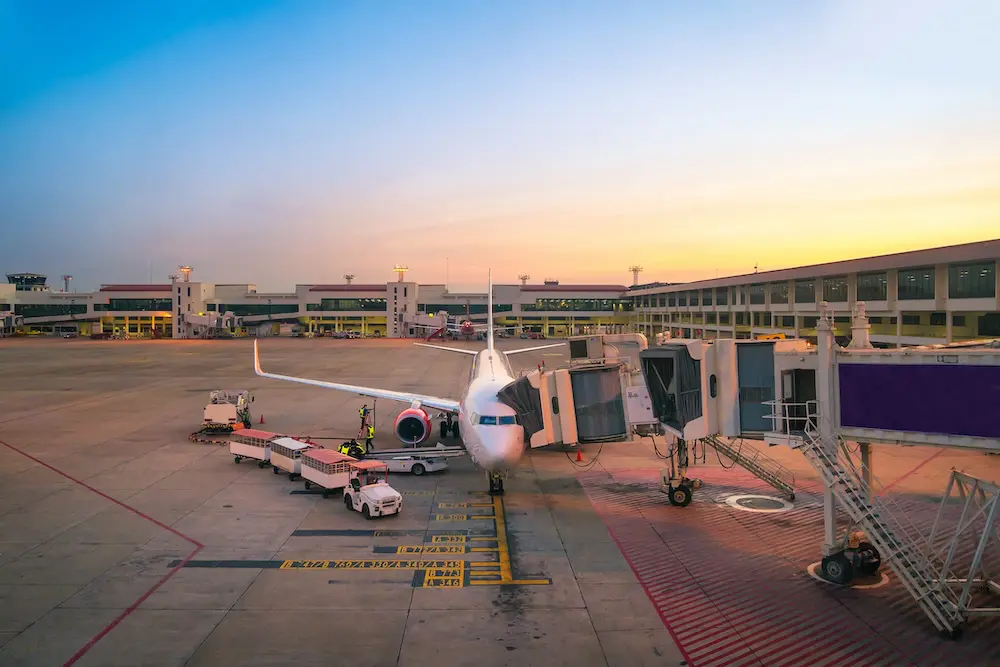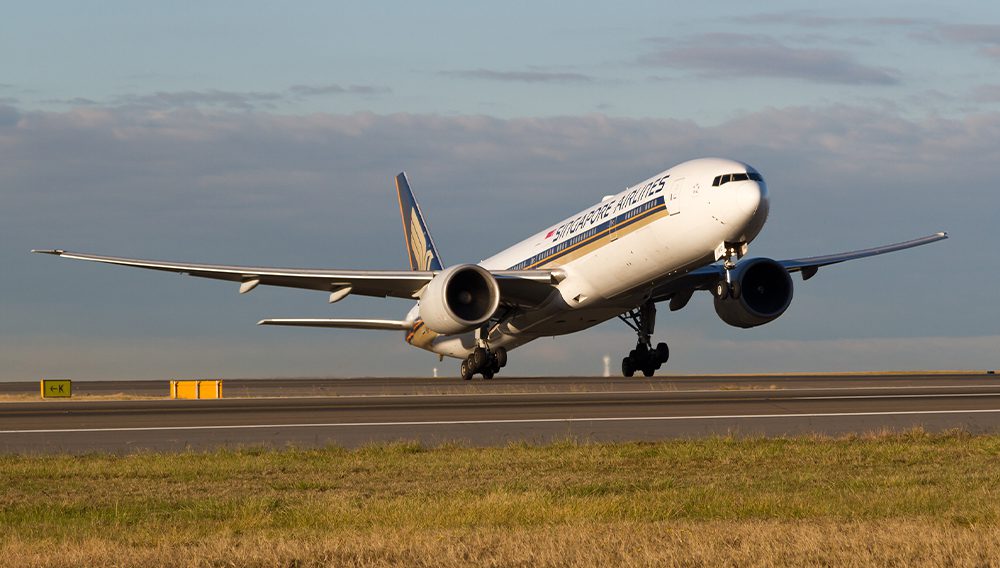A Singapore Airlines (SQ) flight from Heathrow to Singapore has experienced severe turbulence, resulting in several critical injuries. The incident forced the aircraft to divert to Bangkok, Thailand.
Fifty-six Australians were on the plane, which encountered an air pocket en route to Changi Airport in Singapore, leading to the diversion to Suvarnabhumi Airport in Bangkok.
Thirty passengers were injured during the incident, 18 of whom were hospitalised, including eight Australians, the ABC reported.
According to Reuters, Bangkok Suvarnabhumi Airport General Manager Kittipong Kittikachorn told a press conference a 73-year-old British man died of a suspected heart attack during the flight – although it has not been determined when exactly he passed away. Seven others are being treated for critical injuries.

The Boeing 777-300ER, operating as flight SQ321, departed on Monday, May 20th, and landed safely in Bangkok at 15:45 local time on Tuesday, May 21st.
The carrier issued a statement confirming the tragic events: “We can confirm that there are injuries and one fatality on board the Boeing 777-300ER. Singapore Airlines offers its deepest condolences to the family of the deceased.
“Our priority is to provide all possible assistance to all passengers and crew on board the aircraft. We are working with the local authorities in Thailand to provide the necessary medical assistance and sending a team to Bangkok to provide any additional assistance needed.”
Clear-air turbulence often ensues without warning and is particularly hazardous as it can cause sudden and severe aircraft movements. Usually, it occurs in cloudless regions, typically at high altitudes, and is caused by wind shear between different air currents, making it difficult to detect with the naked eye or radar.
While fatalities due to turbulence are extremely rare, this tragedy highlights the importance of passengers keeping their seatbelts fastened whenever they are seated in flight to mitigate risks.
According to Paul Williams, a professor of Atmospheric Science at the University of Reading, the incidence of severe turbulence is expected to increase due to climate change.
As the situation develops, the airline assured anyone concerned that regular updates will be provided on their Facebook and X accounts.
Earlier this year, Singapore Airlines was named one of the top 15 safest carriers in the world.





